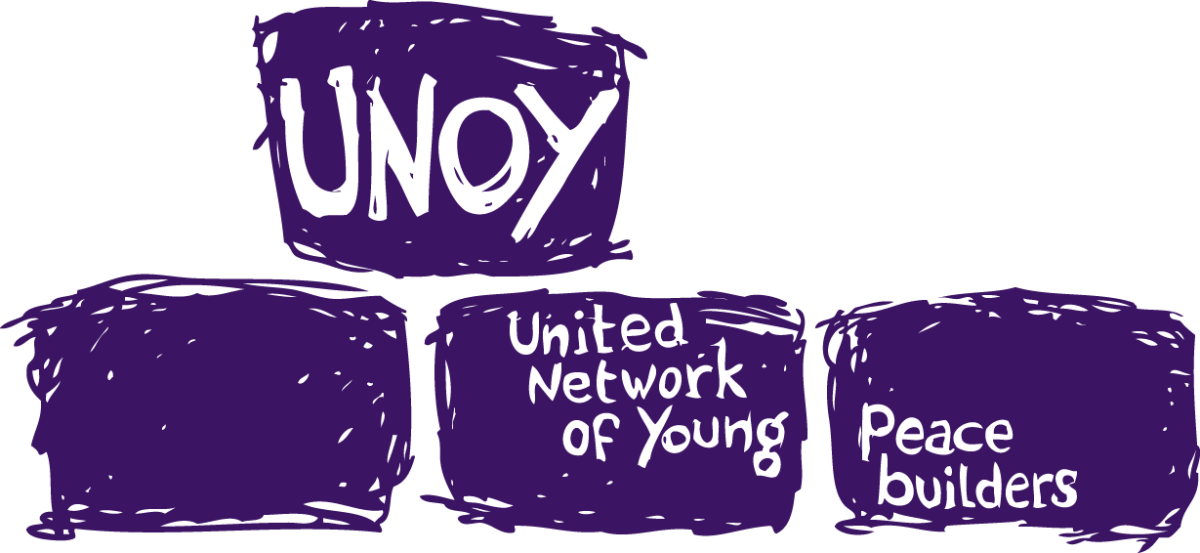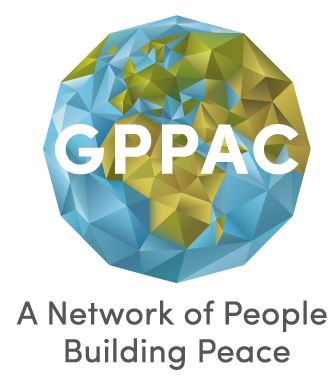
Advancing the Sustainable Development Goals (SDGs) through the Youth, Peace and Security (YPS) agenda at the Local Level
Side event, 2023 Sustainable Development Goals Summit
Background
In December 2015, the United Nations Security Council adopted unanimously Resolution 2250 on Youth, Peace and Security (YPS). This resolution was the first in recognizing the important and positive contribution of youth towards efforts in the maintenance and promotion of peace and security. Resolution 2419 (2018) further reaffirmed the need to actively engage youth in peacebuilding emphasizing the positive role young people can play in negotiating and implementing peace agreements and conflict prevention. Resolution 2535 (2020) also called for increased engagement in the implementation of the UNSC resolutions on YPS to institutionalize the agenda and it focuses on the protection of young people. It urges Member States to protect youth from violence in armed conflict and it requests the Secretary-General to develop dedicated guidance on the protection of young people.
Resolution 2250 was adopted in the same year as the SDGs and the interlinkage between them is unequivocal. In particular, SDG 16 on Peace, Justice, and Strong Institutions is strongly linked with the YPS agenda. Young people benefit from living in a peaceful society characterized by justice and inclusion in order to live their lives free from violence and contribute to societal development. Operating at the local level, many young people provide critical knowledge of early signs of instability and act as first respondents to the peace and development challenges within their communities. However, young people often represent the category most affected by conflict, injustice and exclusion: one out of four young people worldwide lives in settings affected by armed conflict or organized violence while at the same time only 2.2 per cent of the world’s parliamentarians are under 30 years of age. When young people experience violence, discrimination and limited political inclusion, they will never benefit from the promise of sustainable development.
In turn, achieving peace, justice and inclusion in any country is impossible without the meaningful engagement of young women and men at all levels. Young people bring to the forefront the major issues in their communities and countries, and their engagement often serves as the connecting tissue between diverse peace efforts, by fostering social cohesion in their community, bridging divides between communities and linking the peacebuilding at different levels.
Beyond SDG 16, young people are also active and essential contributors to peace and sustainable development through the achievement of other SDGs. Their meaningful engagement is critical to ensuring that the solutions to a number of contemporary challenges such as climate change, unemployment, poverty, gender inequality, injustice, and armed violence, are driven by and relevant to the world’s young people. Leveraging and supporting young people's contributions cannot be prescinded if we want to meet the SDG targets and achieve sustainable peace.
About the side-event
Seven years since the adoption of both UN Security Council Resolution on 2250 on YPS and the adoption of the SDGs, it is important to take a stock of the linkages and synergies between YPS and SDGs and the positive impact of youth-led action at the local level for the implementation of SDGs. Such a reflection will provide insights on how youth engagement in peace and security at the local level can help turbocharge the implementation of the SDGs.
In this context, the Governments of France and the Dominican Republic together with the UN Department of Political and Peacebuilding Affairs (DPPA), the United Nations Population Fund (UNFPA), the United Nations High Commissioner for Refugees (UNHCR), the United Network of Young Peacebuilders (UNOY) and the Global Partnership for the Prevention of Armed Conflict (GPPAC) will host a side event at the margins of the 2023 SDG summit on advancing the Sustainable Development Goals through the YPS agenda at the local level.
The event could not be timelier. The Summit of the Future and the Peacebuilding Architecture Review will be a once-in-a-generation opportunity to forge a new global consensus on how to best address both current and future challenges, including to achieve peaceful societies. Any proposal put forward during the Summit will need to take into account the centrality of youth in achieving peaceful societies. The event will therefore provide key reflection and messages to inform actions and commitments aimed at advancing sustaining peace through the attainment of the SDGs.
The event will provide a space for an intergenerational exchange aimed at gathering experiences, challenges, and lessons learned in supporting young people’s contribution to peace through the advancement of the SDGs at the local level.
Speakers
 |
H.E. Nathalie Estival-Broadhurst Deputy Permanent Representative
|
 |
 |
H.E. Joan Cedano Ambassador, Deputy Permanent Representative
|
 |
 |
Elizabeth Spehar UN Assistant Secretary-General
|
 |
 |
Diene Keita UN Assistant Secretary-General and UNFPA
|
 |
 |
Raouf Mazou UN Assistant Secretary-General,
|
 |
 |
Eliška Jelinkova Co-Director of the United Network
|
 |
 |
Marina Kumskova Senior UN Policy and Advocacy Advisor,
|
 |
 |
Adriana Figueredo Refugee Youth Advocate.
|
 |

